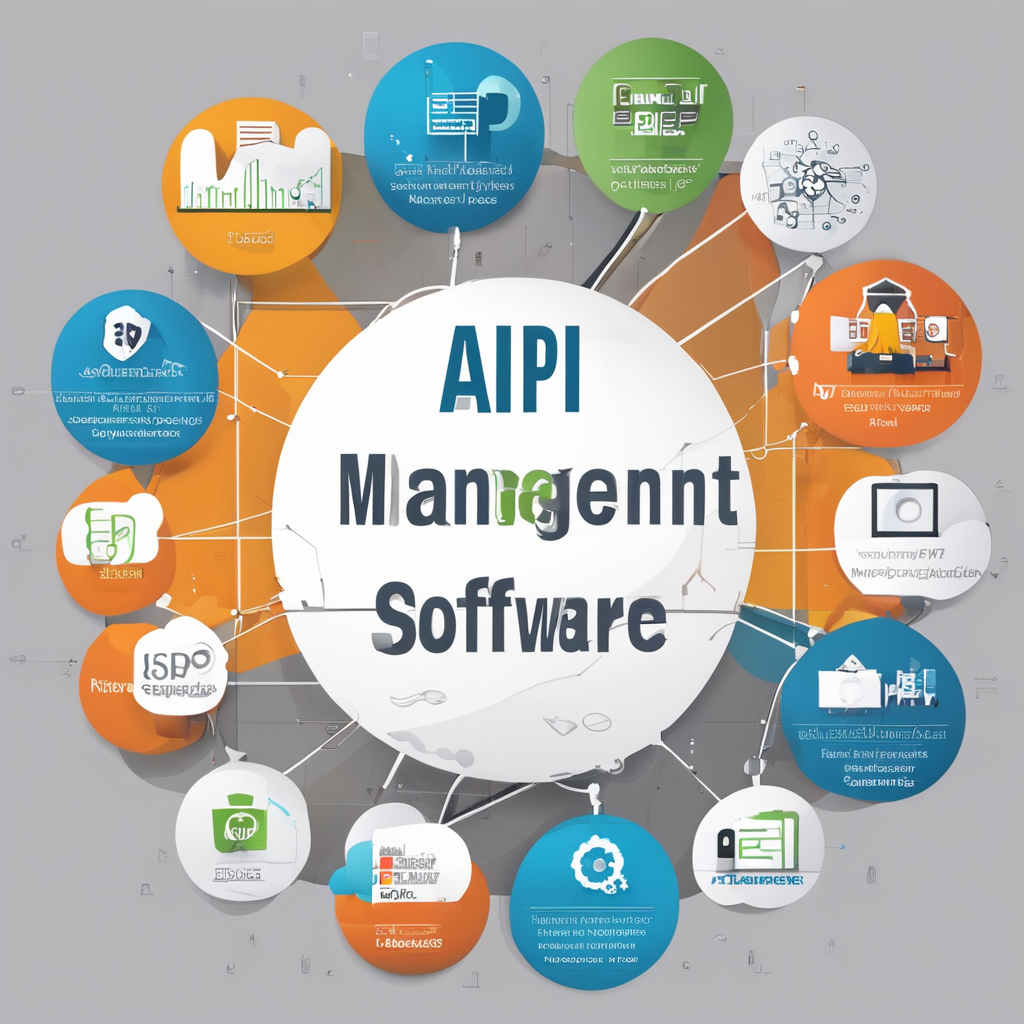API management software plays a crucial role in enabling businesses to efficiently create, monitor, and analyze Application Programming Interfaces (APIs). These software solutions are essential for organizations looking to streamline their operations, enhance security, and improve the overall user experience. API management software provides a centralized platform for managing APIs, handling access control, monitoring performance, and ensuring compliance with industry standards.
One of the key features of API management software is its ability to simplify the process of API development and deployment. With these tools, developers can easily design, build, and test APIs, reducing the time and effort required to bring new services to market. Additionally, API management software offers powerful analytics capabilities, allowing organizations to track usage patterns, identify bottlenecks, and optimize API performance for better user experience.
Security is another critical aspect of API management software. These tools provide robust security measures such as authentication, authorization, and encryption to protect APIs from unauthorized access and cyber threats. By implementing security best practices through API management software, businesses can safeguard their sensitive data and maintain the trust of their users and partners.
Moreover, API management software enables organizations to scale their API infrastructure to meet growing demands. Whether it’s handling increased traffic, supporting new integrations, or expanding to new markets, these tools offer scalability options that ensure seamless operation without compromising performance or reliability. This scalability is essential for businesses seeking to stay competitive in today’s dynamic digital landscape.
In addition to technical capabilities, API management software also plays a vital role in fostering collaboration between different teams within an organization. By providing a centralized platform for API documentation, versioning, and testing, these tools facilitate communication and alignment between developers, operations teams, and business stakeholders. This collaborative approach helps streamline the API lifecycle and accelerate time-to-market for new services.
Furthermore, API management software offers customization options that allow businesses to tailor their APIs to specific requirements and preferences. Whether it’s implementing custom policies, designing personalized developer portals, or integrating with third-party services, these tools empower organizations to create unique API experiences that align with their brand identity and business objectives. This level of customization enhances the overall user experience and strengthens customer engagement.
Another advantage of API management software is its ability to automate various aspects of API governance and compliance. By enforcing consistent policies, monitoring API usage, and generating compliance reports, these tools help organizations stay in line with regulatory requirements and industry standards. This automation not only reduces the risk of non-compliance but also simplifies the management of complex API ecosystems.
Moreover, API management software offers comprehensive monitoring and analytics features that provide real-time insights into API performance, usage trends, and potential issues. By tracking key metrics such as response times, error rates, and API traffic, organizations can proactively identify and address performance bottlenecks, security vulnerabilities, and other issues that may impact the user experience. This proactive monitoring enhances the reliability and efficiency of APIs.
Additionally, API management software supports integrations with a wide range of tools and services, allowing organizations to extend the functionality of their APIs and maximize their value. Whether it’s integrating with CRM systems, analytics platforms, or payment gateways, these tools enable seamless connectivity and data exchange that enrich the overall user experience and drive business growth. This flexibility in integrations empowers businesses to create innovative and value-added services for their customers.
In conclusion, API management software plays a vital role in helping organizations maximize the value of their APIs, improve security and compliance, foster collaboration, and enhance the overall user experience. By leveraging the capabilities of these tools, businesses can streamline their API operations, optimize performance, and stay ahead in an increasingly competitive digital landscape. With the right API management software in place, organizations can unlock new opportunities, drive innovation, and deliver exceptional services that meet the evolving needs of their customers.
